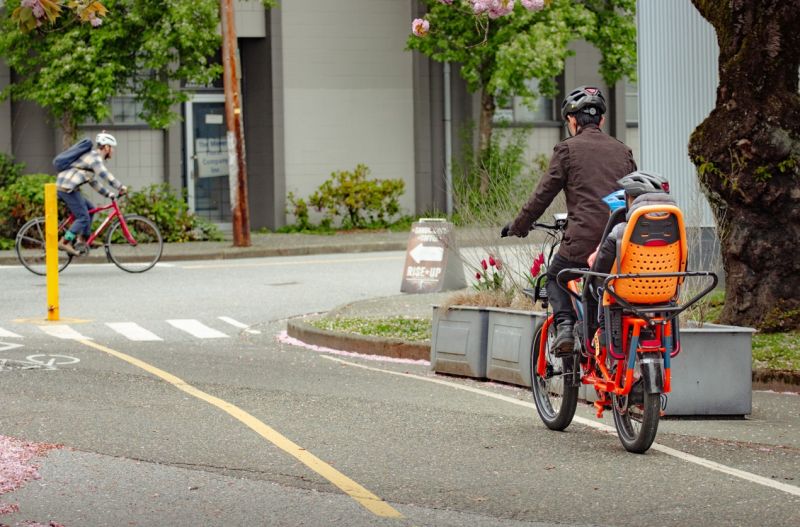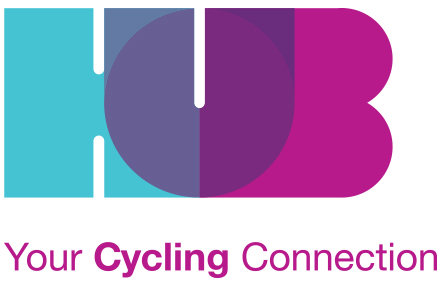HUB Cycling Releases Updated Bike Network Benchmarking Report

May 6, 2024
HUB Cycling is unveiling an updated benchmarking analysis of Metro Vancouver’s bike route network. The second State of Cycling Benchmarking Report is the next stage of HUB Cycling’s ongoing assessment of the quality and quantity of our region’s bikeways, the number of residents regularly cycling, and the safety of the cycling network. The State of Cycling is a collaboration with TransLink to engage municipalities, researchers, and other stakeholders to collect data on and analyse our regional bike route network over time.
At the core of The State of Cycling report is a detailed data set with associated comfort ratings for each formal bike route segment within Metro Vancouver. This new report builds on the first benchmarking analysis released in 2020 after the bike route GIS data set was first developed.
“This benchmarking project analyzes the evolving quality, comfort, safety, and completeness of the active transportation network,” said Timothy Welsh, Director of Program Development at HUB Cycling. “This report will help inform decision-makers involved in funding, planning, and building cycling infrastructure and prompt additional attention to research into the range of relevant health, safety, affordability, and climate resiliency factors.”
The second Benchmarking Report profiles bike route growth, comfort, and types. It compares 2016 and 2021 Canadian Census data about cycle commuting with The State of Cycling network data for the same years, and also looks at network development relative to road safety data and research.
New for the second Benchmarking Report is a broader health and climate resilience focus, informed by staff and faculty of Vancouver Coastal Health, UBC, SFU, and TransLink. The report includes analyses of how slope, noise, pollution, heat, tree cover, and flooding may inform network siting and design.
Quick Facts
- The length of bikeways in the Metro Vancouver region has nearly tripled from 1,700 kilometers in 2009 to 4,600 kilometers in 2019
- The share of female cyclists in Metro Vancouver grew from 33 per cent to 35 per cent between 2006 and 2016
- In areas where the network has grown or improved, the rate of cycling collisions has dropped, and the number of cycling trips has increased dramatically
- 60 percent of Metro Vancouver residents live near a bikeway that is considered comfortable for most people
- The percentage of people using sustainable modes as their primary source of transportation has increased from 24 percent in 2011 to 27 percent in 2017
Read the full report here. See all of HUB Cycling’s research projects at bikehub.ca/research.
How can you help?
If possible, consider donating to HUB Cycling or subscribing to our e-newsletter to support our advocacy work in expanding the cycling network across the region.
Your support enables us to make an impact on people of all ages and abilities and promote access to cycling across regional and diverse communities.
What is the Impact of Your Generous Gift?
- $2,500 will help us develop programs for communities that may face social, cultural, and/or financial barriers to cycling.
- $250 helps us provide infrastructure research support for an advocacy project like cycle highways phase 2 analysis.
- $100 will help HUB organize online learning to encourage people of all ages and abilities to bike, like our Biking for Mental Health webinar.

